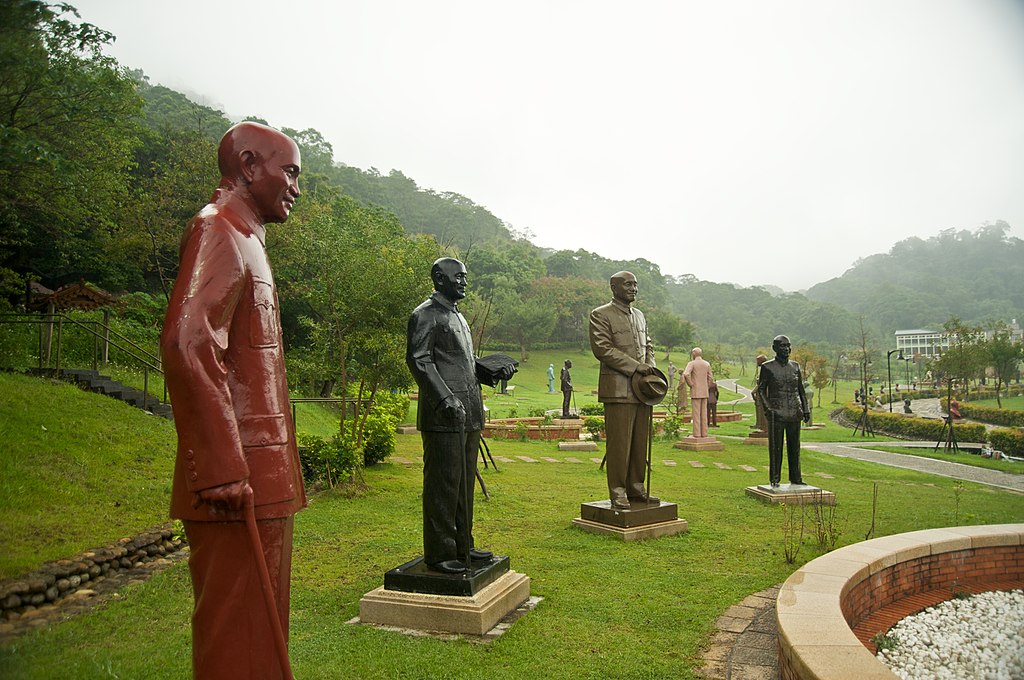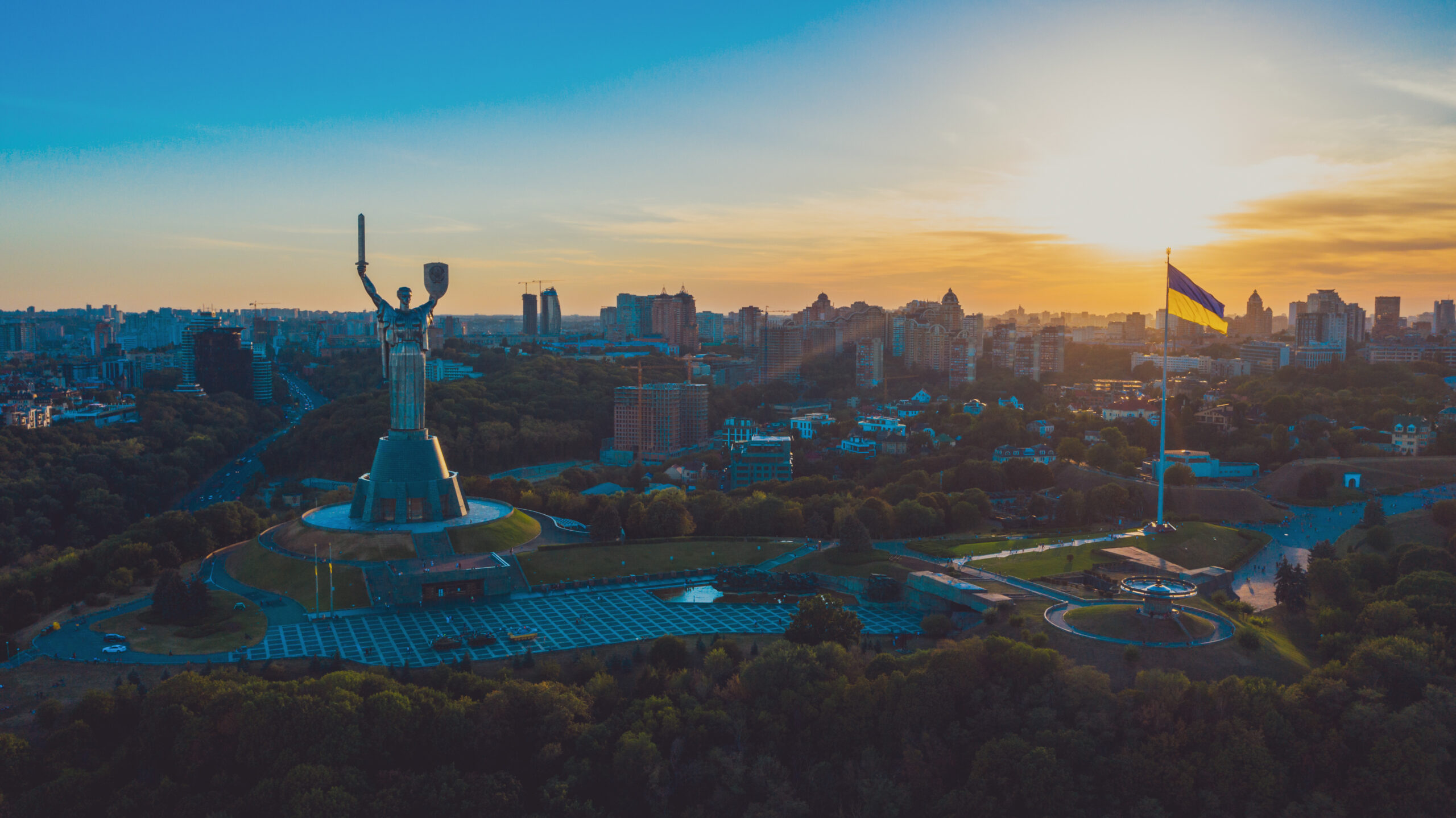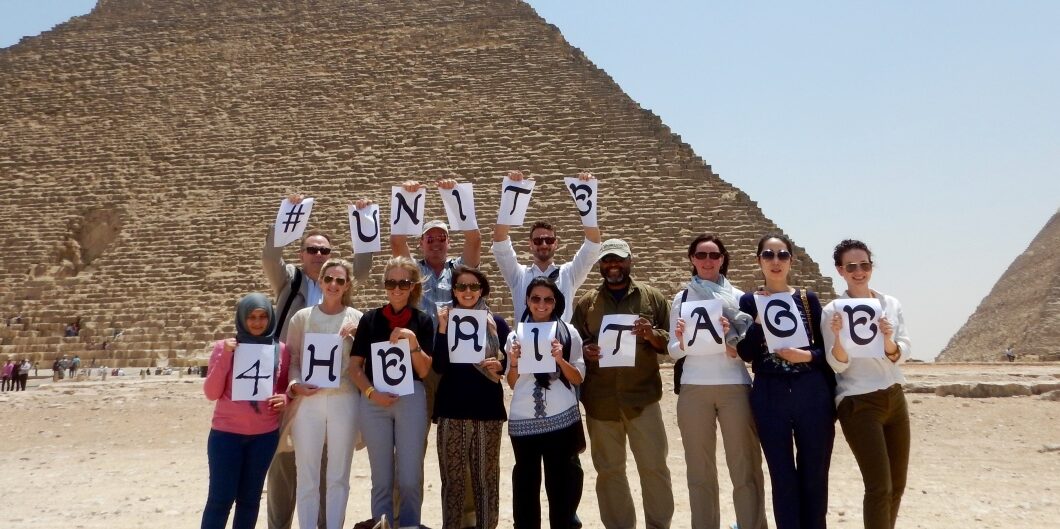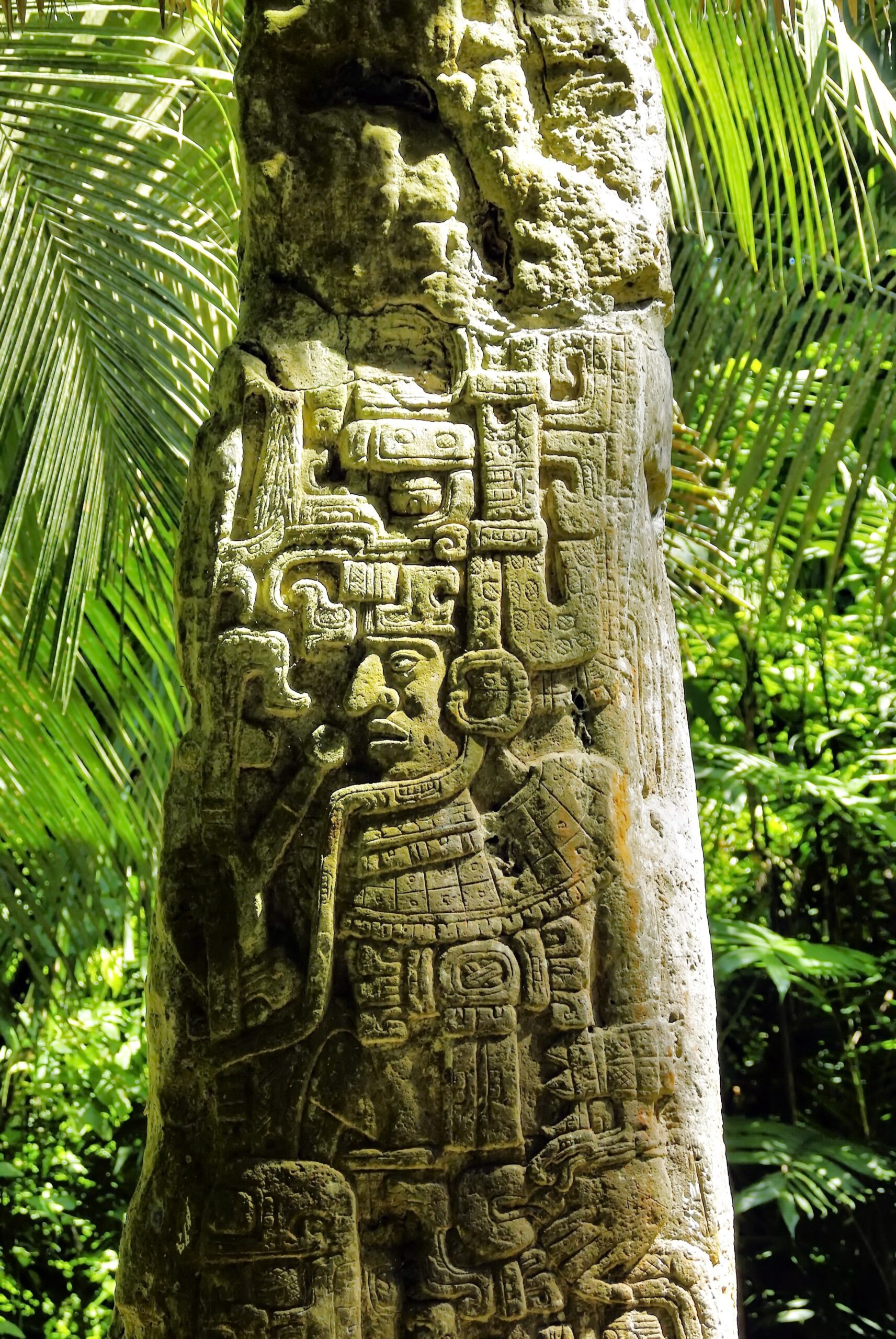Policy Brief No. 1
November 2016
By Ricardo “Rick” St. Hilaire
 In just the last decade, the Department of Homeland Security (DHS) has recovered and returned more than 7,500 illicit artifacts to thirty countries, as part of its fight against the global traffic in cultural heritage. Restituting this stolen property has done much to foster international diplomacy. However, by prioritizing forfeitures and repatriations over investigations and indictments, this “seize and send” policy has failed to hold criminals accountable in courts of law, or staunch what is now a worldwide illegal industry.
In just the last decade, the Department of Homeland Security (DHS) has recovered and returned more than 7,500 illicit artifacts to thirty countries, as part of its fight against the global traffic in cultural heritage. Restituting this stolen property has done much to foster international diplomacy. However, by prioritizing forfeitures and repatriations over investigations and indictments, this “seize and send” policy has failed to hold criminals accountable in courts of law, or staunch what is now a worldwide illegal industry.
The rare attempted prosecutions by U.S. Attorneys with the Department of Justice (DOJ)—who conduct most of the trial work for the federal government (including DHS)—have typically yielded minor convictions and light punishments. Too few traffickers have been successfully prosecuted, convicted, or imprisoned. These failures have failed to deter looters and traffickers, whose illicit activities in the United States continue to fund crime, conflict, and terrorism around the globe. Known criminals remain in business and the U.S. antiquities market remains open to contraband.
To take real action against this illicit trade, the U.S. government must refocus its policy, and end impunity for antiquities traffickers. Only felony convictions and meaningful sentences will provide both specific and general deterrence against future crimes. Thankfully, the DOJ is in a unique position to take a leadership role on this critical issue, and it could do so with a minimum investment of resources.
In fact, the DOJ already has a roadmap with its Environmental Crimes Section (ECS), whose prosecutions of wildlife traffickers offer a tried and tested model. A similar office of Cultural Heritage Crimes (CHC) Prosecutors could also be established. Such a unit would focus on disrupting and dismantling antiquities trafficking infrastructures by breaking supply, transportation, conservation, distribution, marketing, and sales networks. It would also serve as a resource for law enforcement and prosecutors at the local, state, and federal levels.
CHC Prosecutors would do much to shut down criminals’ access to the largest art market in the world—the American market—which makes up 43% of the global market. Even appointing a single dedicated federal attorney, focused on antiquities trafficking on a daily basis, would be a “force multiplier” for investigations and prosecutions across the country. A team of attorneys would have an even greater impact.
This policy brief explains why CHC Prosecutors are needed and how such a unit could be created, making the DOJ a global law enforcement leader in the fight against the destruction, looting, and trafficking of our world heritage.
“If you can imagine a world where police recover stolen cash, illegal drugs, and hijacked autos but let the bank robbers, narcotics dealers, and carjackers go free, then you can understand the unrestrained business of transnational antiquities trafficking.”
– Ricardo St. Hilaire






